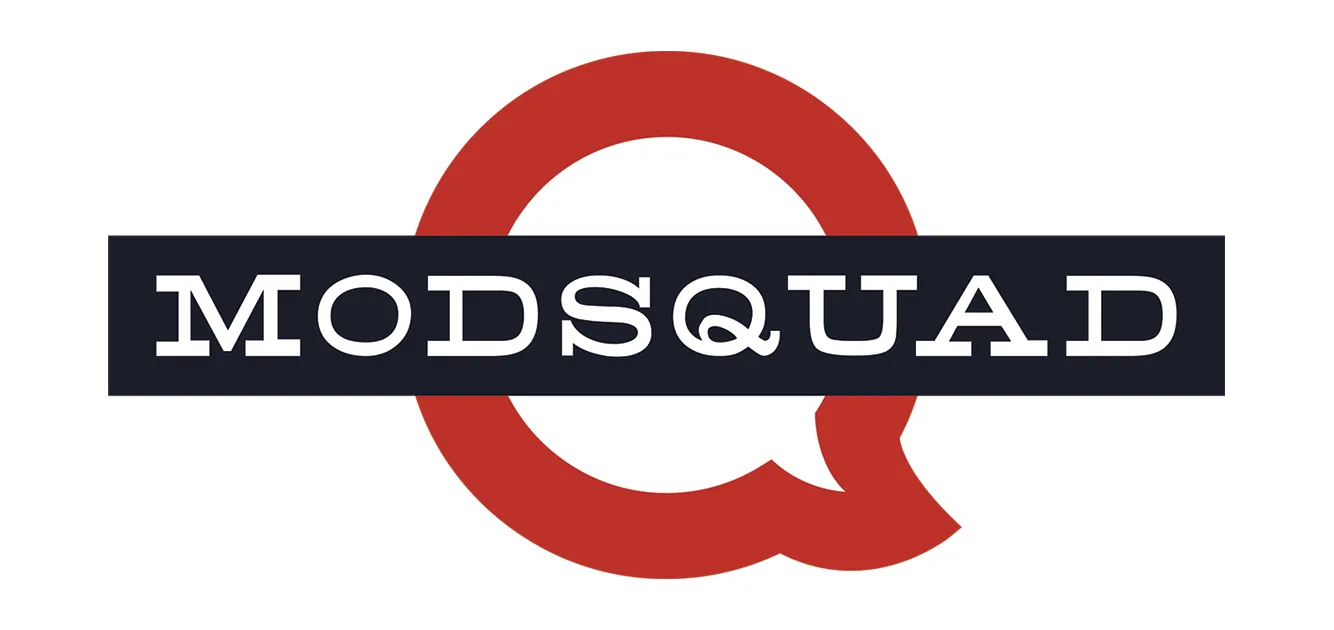
Off Topic
By Sanya Weathers
When I write blog posts or columns, I often sound like I have all the answers. This is a function of two things – one, I tend to talk with imperative verb forms, period. I do it even when I’m only thinking out loud. It’s my way of trying on a plan for size before I jump into it. Basically, I’m tricking my own brain into having second thoughts about something before there are any consequences. If you don’t know what I mean, get in line. All I know is that it works for me, and that I also have to tell assistants, colleagues, and minions that when I say “Do this,” you need to wait for me to think for a second and then say “Yeah, definitely do this.”
I should probably be medicated, but there it is.
The second reason I sound like I have all the answers is because for the last four years, someone has been paying me to write this stuff down. If I prefaced every post and article with “this is what worked for me with my personality and my unique community and my budget,” you might think it wasn’t very applicable to your situation and stop reading.
The fact is, all advice should come with that disclaimer. Reading this blog isn’t costing you any money, but if you were paying someone to give you advice, you should always ask yourself – what is this person’s background? Why are they giving me advice on how to do this thing instead of doing it themselves? What are their biases? Are they aware of their own biases? What is the underlying, unifying philosophy behind this advice?
My underlying philosophy is that a good community is a living thing, a thing that is greater than the sum of its parts. (It is only marketing in the sense that a solid place to belong and befriend like-minded people is enormously attractive to sentient beings, and having such a place will bring customers to your door.) But the vision of the whole isn’t how you build a community. You build it brick by brick, person by person. You make a home for people, a safe and welcoming place where they can share their thoughts.
In order to achieve that sense of community around a product, you need to both allow off topic chatter, and you need to forbid chatter about religion and politics. This is not a contradiction. Off-topic is where people get to know each other as people, as opposed to mere consumers. But everyone needs to feel welcome. Religion and politics often go to the core of who we really are and what we really want, and discussions on these topics grow defensive and heated. People feel attacked, cornered, angry – and associate these emotions with wherever they happen to be having those feelings.
You don’t want these things associated with a product, and you can’t afford to spend all your time policing discussion that is not and will never be related to your product. Furthermore, there’s a place for people to have those discussions. It is called “the rest of the internet” and it can be accessed by the same computers people are using to access your community.
But if you’ve succeeded in building a real community, people will have a need to talk about the biggest, most global news stories, especially news stories that have a visceral emotional component.
The big news for today combines religion, politics, culture, military force, revenge, fear, and more. It is the only thing a lot of people in the US will want to talk about, especially if they have emotional memories of a particular autumn day. It is also the last thing a lot of people will want to hear about on a forum for a game or some other type of escapism, because… because it’s their escape, for pity’s sake, the thing they turn to in order to get away from news and emotions running too high.
If you’ve built a real community, there are a lot of people coming to your forum, your page, your chat channel today, because they want to talk about the big news with their family. Should you let them? What are the parameters for the discussion? Where is the line in the sand between debate and hate?
I don’t know what the right thing is, not for your community. I know what I would do, given my biases and experience and philosophy. But this is the kind of thing you have to decide for yourself.

